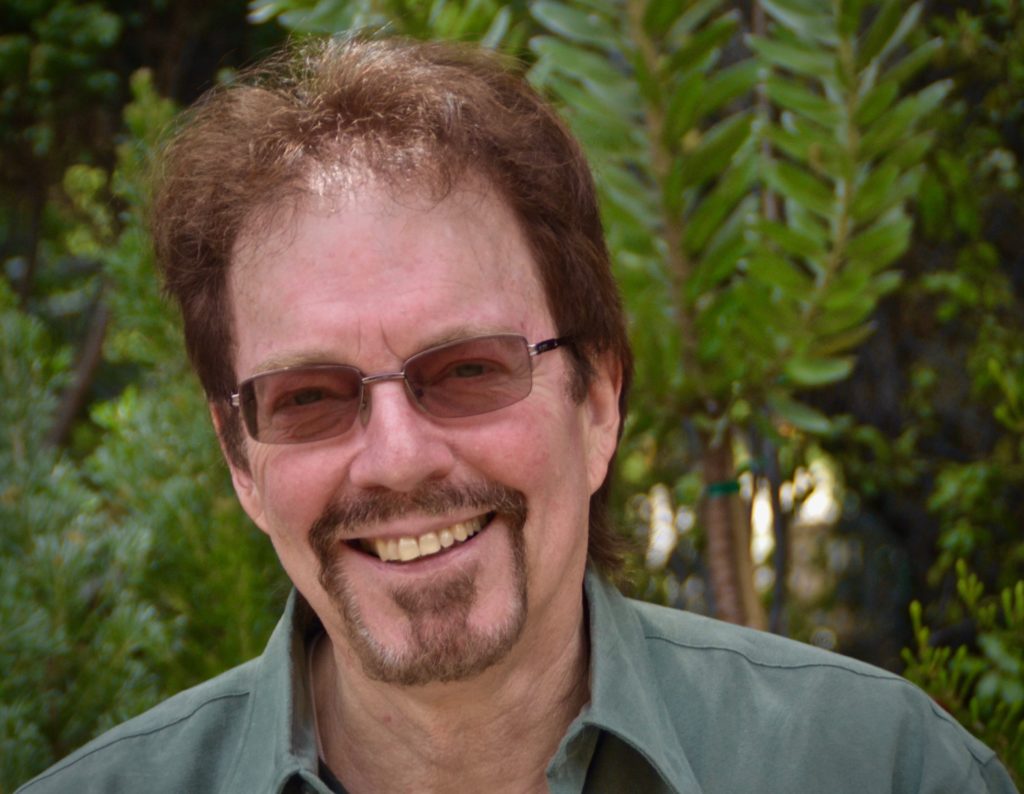Art Shouldn’t Be Boring: A Conversation with Charles Harper Webb

A few months ago, I had a chat with the 1998 Kate Tufts Discovery Award winner, Charles Harper Webb. He was also one of my professors in my creative writing program. Professor Webb was always warm, open, and encouraging in workshops—he knew how to meet us at our levels, in our distinct work and style, which was helpful for a group of poets who needed a space to succeed, to fail, and to find our voice. It felt deeply cool (for a lack of a better word) to call up a respected professor and ask him about his process and thoughts on poetry. I hope you enjoy what he had to say.
Stacey Park: How have you changed over the years as a writer? Who was the Charles Webb who wrote Reading The Water and who is he now?
Charles Harper Webb: I think I’ve grown more attentive to traditional craft and form. I still write mainly free verse, but I pay more attention to meter and sonically rich language. I think I used to be more sprawling. I’ve gotten a bit more concise. I’ve always valued clarity, imagination, vivid imagery, and an unusual “take” on things. Emily Dickinson said, “Tell the truth but tell it slant.” My most recent book is called Sidebend World to emphasize how even everyday things can become strange and interesting when you look at them from unusual angles. I’ve always been attentive to my audience. I learned that lesson as a professional musician. If I lost my audience when I played professionally, I’d lose my job and wouldn’t eat. In my poetry, I try to grab the attention of my audience and hold on.

SP: You’re also a licensed psychotherapist and I remember you encouraging us to try and tap into the subconscious or a dream-like state to write. Was this idea also born of that profession?
CHW: As a writer and a reader, I’ve always been drawn to the unconscious. When I talk about being “imaginative,” I mean accessing the part of the mind where dreams come from. I think the metaphor of psychotherapy gave me a good way to explain what I value in the writing process and in finished poetry. A writer needs to learn to tap into that more-or-less mystical state. Good writing is a kind of self-hypnosis. You bring to the surface amazing things that you didn’t know you know. Good poets surprise themselves.
SP: What do you think is unique about poetry and the poetic voice compared to other creative means?
CHW: The poetic voice is powerful because it is so distilled. If it’s well done, it packs a quicker and greater punch than most prose. Prose-writing is often a grind. Poetry can feel that way sometimes, but there’s a higher percentage of inspiration and fun in poetry. When the poet’s voice is strong and original, it feels like the reader is entering the psyche/consciousness of a fascinating individual. Poetry pushes language to its maximum capacity for meaning. It’s highly efficient. I’m drawn to poetry because the language feels so powerful. Also, I have more fun writing poetry than fiction.
SP: How has teaching poetry affected your writing?
CHW: Teaching has reinforced what I believed in before I taught. Poetry has a lot of competition for people’s attention, so it needs to be engaging. I ask my students to ask themselves, “If I hadn’t written this, would I want to read it?” I believe that poetry needs to be more hospitable and friendly than it generally is. Too many people are afraid of it. Teaching has shown me that. The reason I edited Stand Up Poetry: The Anthology was to make a book of poetry that I could be fairly certain my students would enjoy. Most people won’t read poems that aren’t enjoyable, no matter how “good” their professors swear they are. I hate the thought of boring people with my poetry. I’m sure of this: Art shouldn’t be boring.
—Stacey Park
Share